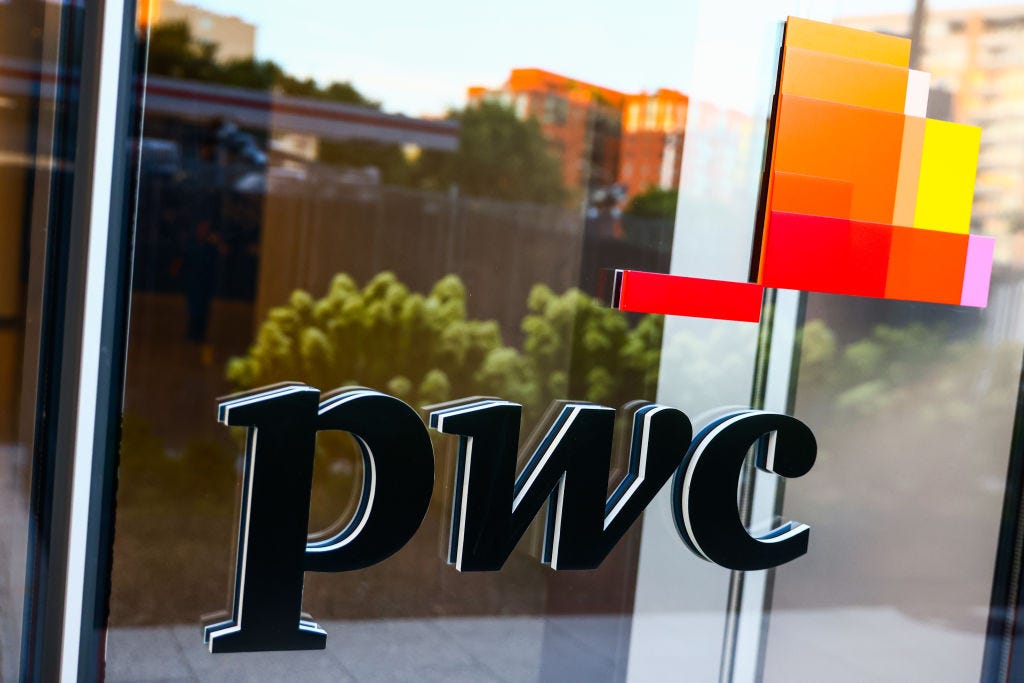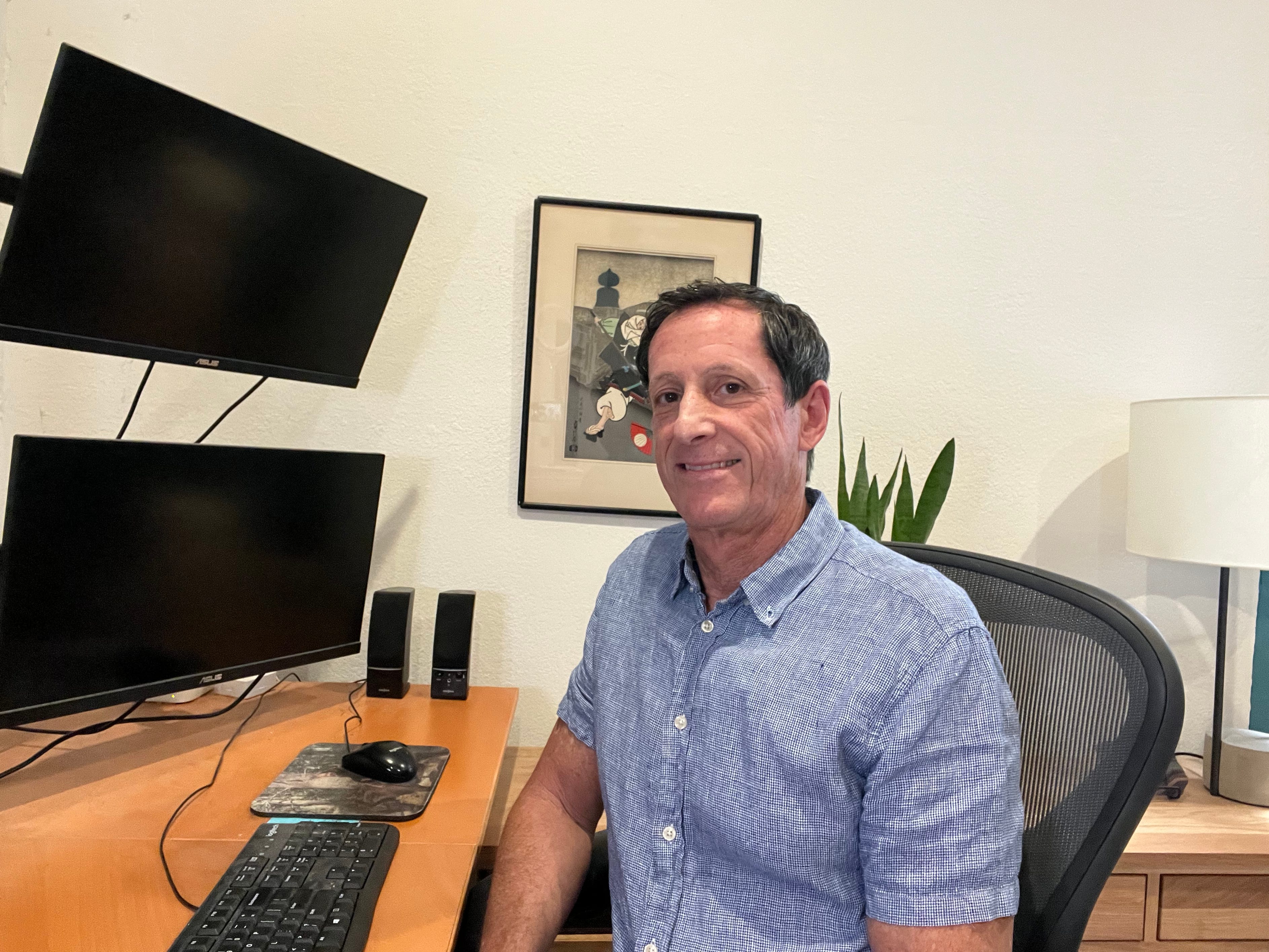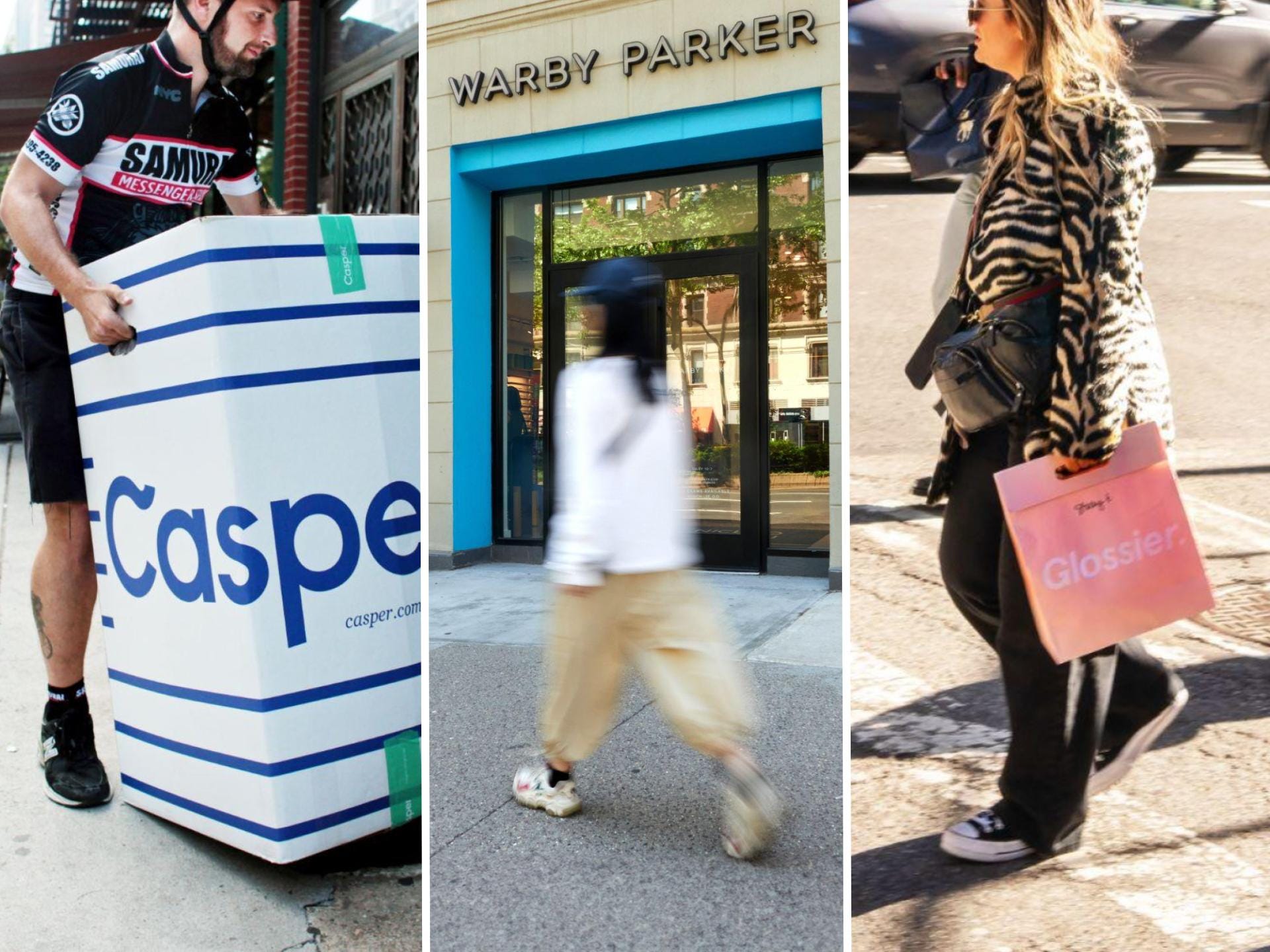
Beata Zawrzel/NurPhoto/Getty Images
Welcome back to our Sunday edition, where we round up some of our top stories and take you inside our newsroom. A luxury gym, a massive food hall, and a 24/7 grab-and-go service. Those are some of the amenities at JPMorgan’s new 60-story Manhattan headquarters — and they send a clear message: work-as-life is here to stay.
On the agenda today:
- Inside America’s 250-year pursuit of the perfect morning routine.
- A psychologist and day trading coach shares his tips and tricks.
- Millennials’ favorite companies are growing up or dying out.
- The FDA caught radioactive shrimp headed to Walmart. Any takers?
But first: Forging a new (career) path.
If this was forwarded to you, sign up here. Download Business Insider’s app here.
This week’s dispatch
Fewer entry-level doors are opening

Jack Taylor/Getty Images
For college grads, giant consulting firms have been a great place to start a career — and sometimes finish one.
That path is narrowing.
Business Insider’s Polly Thompson reported this week that PwC plans to cut entry-level hiring in the US by almost a third over the next three years.
PwC US hired 3,242 tax and assurance associates in the latest financial year that ended in June, part of an internal presentation showed. Three years from now, that number is expected to be 2,197, a 32% decrease. The firm plans similar decreases in its advisory division.
PwC didn’t get into the details with Polly but confirmed it was lowering campus hiring goals, saying “the rapid pace of technological change is reshaping how we work.”
It’s AI, but not just AI. It’s also offshoring more work to less-expensive labor markets, the presentation indicated. Meanwhile, PwC also says it’s dealing with “historically low” attrition — people aren’t leaving. We’ve been covering that phenomenon lately, known as “job hugging,” or if a worker is down about it, “quiet cracking.”
Polly’s story should be an alarm bell for people in college or early in their careers. She wrote in January that the Big Four firms — PwC, EY, Deloitte, and KPMG — collectively employ 1.5 million people.
Less consulting hiring out of colleges means more grads will need to get creative. Small firms and startups can be a great option, and AI might enable more innovation. But as Aki Ito recently wrote for us, that means a much different approach to navigating your career.
So where does Business Insider fit in? We’re committed to bringing you the hard facts about the landscape, and then helping you succeed in it. One quick place to start is our job guide. As always, let me know what you think at [email protected].
The morning routine industrial complex

Peter Dazeley/Getty Images; BI
When Benjamin Franklin — who crucially woke up at 5 am — published his daily routine to promote the pursuit of happiness as a public good, it launched a centuries-long obsession with personal routines.
Spend any time on the internet today, and you’re bound to be inundated with the strange, sometimes masochistic regimens meant to boost productivity and enforce discipline. So, how did our quest for the perfect morning routine go from “early to bed, early to rise” to “at 8:45 am, rub banana peel on face”?
Tricks of the (day) trade

Courtesy of Andrew Menaker
Andrew Menaker was a Navy psychologist before Wells Fargo tapped him to be a psychological consultant on their trading desk. Now, he runs his own coaching practice, where he works with traders on and off Wall Street.
Menaker said he’s seen traders struggle for a common set of reasons, like having a big ego, being too aggressive, or being too scared. He told BI the usual mistakes he sees traders make.
Millennial brands hit middle age

Reuters / Getty Images
In the 2010s, direct-to-consumer brands like Glossier and Warby Parker wooed millennials with their pastel packaging, quirky ad copy, and mission-forward focus.
Now, though, harder times have fallen on beloved brands like those. Many have been snapped up by bigger companies or closed completely. The ones that remain have largely settled into boring, old retailers — aptly analogous to the middle age millennials themselves are adjusting to.
Isotope cocktail

Kevin Trimmer/Getty Images
A batch of frozen shrimp from Indonesia tested positive for the radioactive isotope Cesium-137, the FDA said. The shrimp was set to be sold under the Great Value brand at Walmart.
That would probably make most people want to chuck whatever shrimp might be sitting in their freezer right now. It also creates a unique opportunity for anyone feeling like they could be the shrimp equivalent to a certain spidery superhero, writes BI’s Katie Notopoulos.
This week’s quote:
“People are going to start putting those homes back into the market, and I think it’s going to be a bit of a shock to them, what they have to reprice at.”
— Rick Palacios Jr., the director of research at John Burns Research and Consulting, on the growing risks of mortgage rate buydowns for homebuyers.
More of this week’s top reads:
- Exclusive: AT&T is directing more managers to relocate or face layoffs.
- America’s great people shortage.
- Paper résumés, trick questions, in-person job interviews: Hiring is going old school to escape AI slop.
- Cracker Barrel’s new look isn’t everyone’s cup of sweet tea.
- Leaked Microsoft pay data shows how much hundreds of employees report making in AI, cloud, and other teams.
- Investors warn AI FOMO could be fueling a risky bubble in companies like OpenAI and Anthropic.
-
Americans want their stuff delivered fast — and they’re willing to pay.
The BI Today team: Jamie Heller, editor in chief, in New York. Lisa Ryan, executive editor, in New York. Akin Oyedele, deputy editor, in New York. Grace Lett, editor, in New York. Amanda Yen, associate editor, in New York.
The post A career path many college grads counted on is getting harder to come by appeared first on Business Insider.




